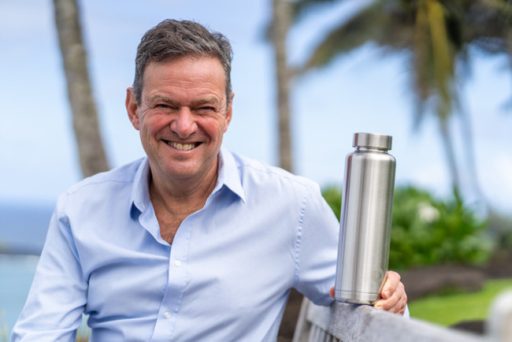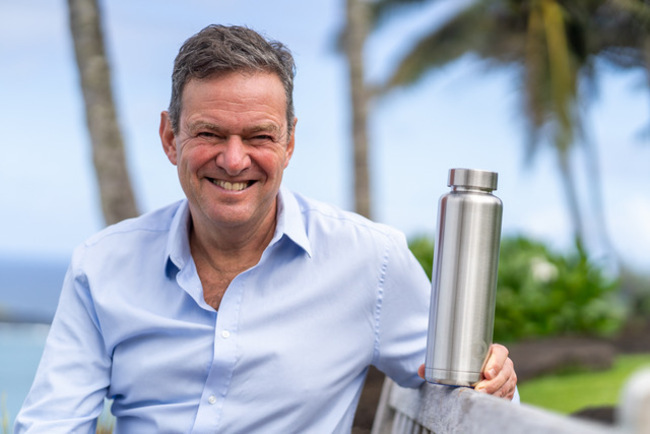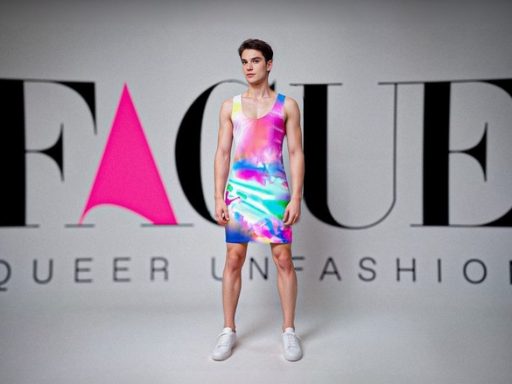A major U.S.-based global study has revealed that 40 percent of people worldwide are losing trust in tap water, with growing fears about its safety. This concerning statistic demands immediate attention from governments around the globe, asserts Bluewater, an international leader in water purification and beverage technology. The study, which was published in Nature Communications, surveyed 148,585 adults across 141 countries and was conducted by researchers from Northwestern University and the University of North Carolina at Chapel Hill.
“This shocking revelation underlines the need for governments and water authorities worldwide to urgently tackle the contamination of our drinking water by toxic chemicals, microplastics, and other pollution,” said Bluewater founder and CEO Bengt Rittri. The Swedish ecopreneur highlighted that the increasing public distrust in tap water is fuelling the growth of the packaged water industry, which has severe negative consequences for the health of the planet, the environment, and its inhabitants.
According to the United Nations University Institute for Water, Environment and Health, over 600 billion single-use plastic bottles are produced annually, with the majority ending up in landfills and oceans, rather than being recycled. These bottles leach toxic chemicals and break down into micro and nanoplastic particles. A landmark 2023 report, Hidden Hazards: The Chemical Footprint of a Plastic Bottle, concluded that the widespread use of PET plastics “may prolong the climate crisis, threaten human health, and promote environmental racism.”
Mr Rittri pointed out that the study underscores how challenging it is for consumers to assess the dangers and safety of their water supply, as many contaminants are not visible, have no odour, and cannot be tasted. He expressed surprise that 39% of those surveyed in the United States believed they were at significant risk from drinking tap water in the short term.
“When we launched Bluewater in 2013, it was with a planet plan rather than a traditional business vision, with the aim to develop technologies and solutions that would end the need for single-use plastic bottles,” Mr Rittri said. He added that Bluewater remains steadfast in its mission, continually offering solutions that allow consumers and businesses to turn tap water into purified water that is safer and healthier to drink.
In 2024, Bluewater has launched a range of new products, including an advanced kitchen station for homes and restaurants that eliminates up to 99.7 percent of contaminants like toxic PFAS chemicals and microplastics from tap water and enriches it with essential minerals for improved health and taste.
Bluewater has also unveiled a new series of public dispensers across Europe, branded as Bluewater Flow, intended for use in public spaces such as gyms, offices, hospitals, and schools. Other public dispensing solutions have enjoyed great success at large sporting events and other gatherings aimed at enhancing sustainability efforts. These include golf, sailing, and running events like The Open, The Ocean Race, America’s Cup, the Cape Town Marathon, as well as governmental conferences such as COP 27 and 28, and various business conventions.
“We understand that the only way to tackle the plastic bottle menace is to restore public confidence in tap water, which will take substantial time, effort and money… or to increase awareness that solutions exist – like those provided by Bluewater that enable consumers to purify their tap water at point of use,” Mr Rittri said.







